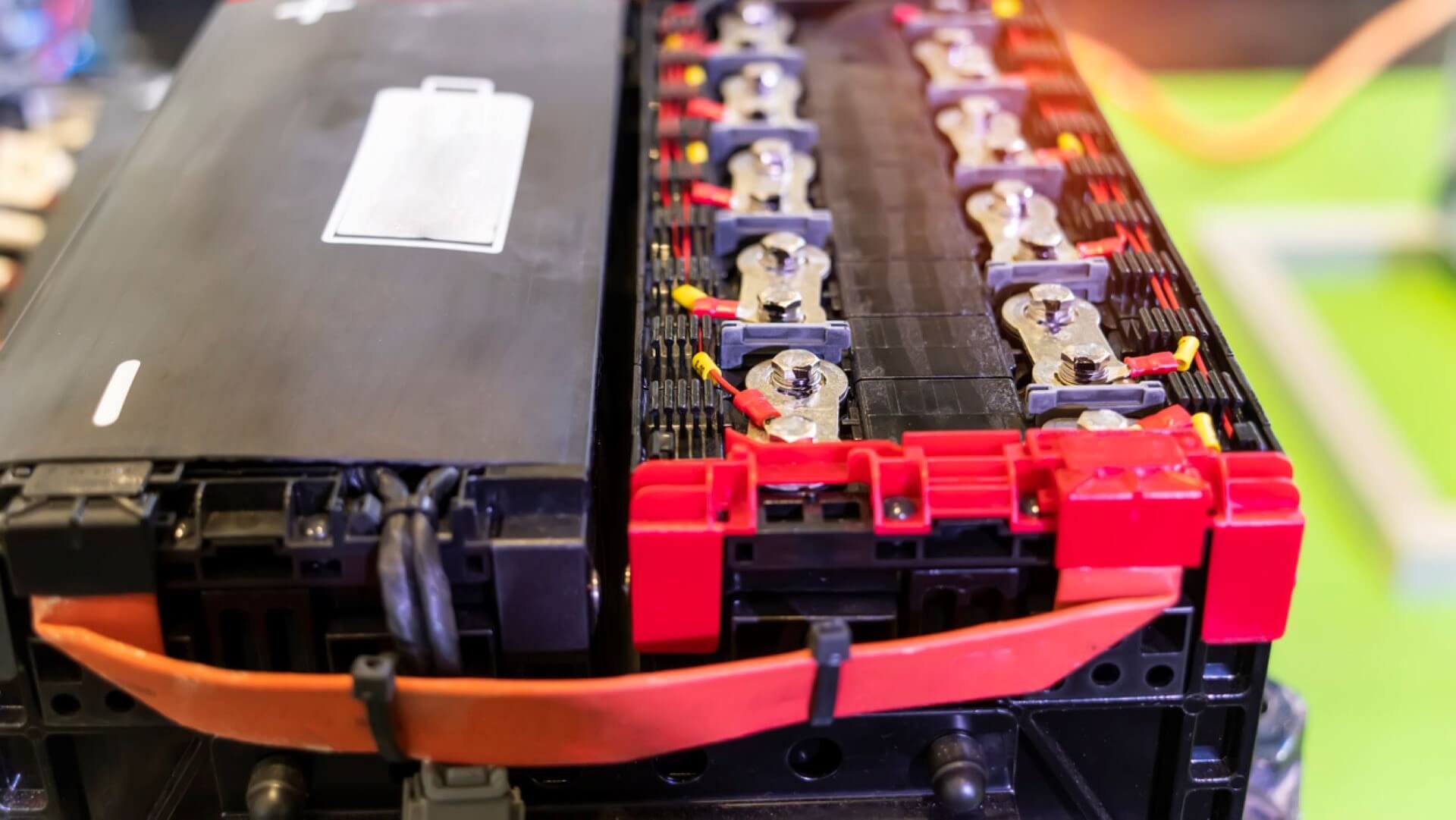A group of researchers based in New England is continuing iron-based battery work that was championed by Thomas Edison at the beginning of the 20th century.
Edison nearly catapulted electric vehicles to popularity more than a century early. Instead, fossil fuels stole the day and became the primary — and planet-warming — propellant for automobiles. Additionally, lead-acid batteries won preference to Edison's larger, more expensive iron-nickel alkaline packs, and still serve under car hoods today, all according to reports from the BBC and Worcester Polytechnic Institute in Massachusetts.
Now experts from the institute are part of a multi-university team working to apply iron-alkaline science to crucial grid storage for renewable energy, which accounts for more than 20% of the country's electricity production, per the U.S. Energy Department.
"We are developing a new strategy to revitalize iron battery chemistry," Worcester Professor Xiaowei Teng said in the lab summary.
If successful, they could create a pack that's cheaper than common lithium-ion ones that use costly metals. Iron is readily available in the Earth's crust, and more than 44 million tons of iron and steel are recycled each year in the U.S. alone, per Worcester's report.
The experts use iron as the battery's anode, just like Edison. But the renewed effort eliminates the creation of efficiency-impairing hydrogen gas as a byproduct. While hydrogen production is something now being reconsidered as a useful function, as noted by the BBC, it limits storage capacity in the pack.
As a result, Teng said the gas shouldn't be part of the mix when charging a battery.
"It impairs the energy efficiency of the battery system considerably," the expert said in the summary.
That's why the researchers added silicate, a compound of silicon and oxygen, to the electrolyte. That's where ions move between the electrodes during cycles.
🗣️ Will America someday get all its energy from renewable sources?
🔘 Yes — very soon ☀️
🔘 Yes — by 2050 ⏰
🔘 Yes — by 2070 ⏳
🔘 Probably never ❌
🗳️ Click your choice to see results and speak your mind
Silicate is used to make glass, cement, and even detergent. It was found to promote better battery operation in part by suppressing hydrogen gas formation, all per the Worcester lab report.
The findings could reinvigorate the once promising tech, joining a growing list of battery innovations filling science journals around the world. From potassium to salt, fresh research is developing packs that can store loads of power for long stretches, or provide EVs with hundreds of miles of range in just minutes of charge time.
The goal is to reduce heat-trapping fumes made from burning fossil fuels. Recently updated guidance from the European Environment Agency notes that air pollution is "the single largest environmental health risk in Europe and a major cause of premature death and disease."
Interestingly, you don't need a battery of any kind to take action. That's thanks to an invention that Auburn University reports predates Edison's work by almost a hundred years: the bicycle. Simply riding a bike to work 10 days a month can cut vehicle exhaust, save you around $150 annually, and improve your health.
For their part, the experts from Worcester want to make a larger impact. The plan is for iron-alkaline packs to reclaim their potential, this time as energy storage units for microgrids or at "individual solar or wind farms," per the lab report.
Solving the hydrogen problem was a necessary step.
"Without addressing these technical challenges, iron-alkaline batteries are less competitive for modern energy storage systems to be coupled with electric grids," Teng added in the summary.
Join our free newsletter for weekly updates on the latest innovations improving our lives and shaping our future, and don't miss this cool list of easy ways to help yourself while helping the planet.









